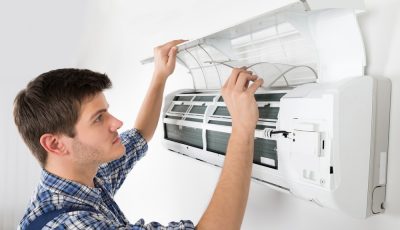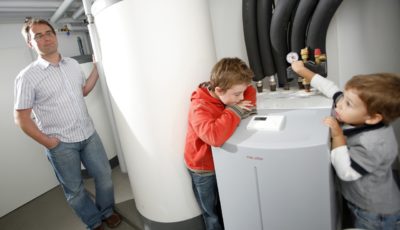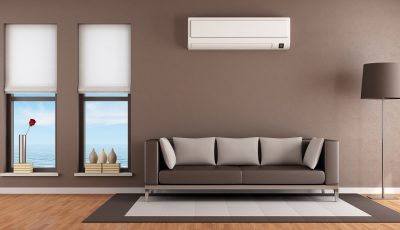5 Benefits of Ductless Heating Systems For Your Home
Ductless heating systems are becoming an increasingly popular option for homes looking for flexible and energy-efficient heating solutions. These systems are an appealing choice for people wishing to improve efficiency and comfort in their homes since they provide a number of benefits. The top five benefits of ductless heating systems are as follows:
Energy Efficiency and Cost Savings
Mini-split systems, another name for ductless heating systems, function without the need for ducts. Efficiency can be decreased in conventional ducted heating systems by energy losses caused by leaks and inadequately insulated ducts. These inefficiencies are removed by ductless systems like ductless heating mini splits, which send warm air straight to certain areas of the house. By utilizing a focused strategy, homeowners may not only minimize wasted energy but also tailor the heating in distinct regions, preventing the needless heating of empty spaces. Long-term cost savings and reduced utility costs are the outcomes that make ductless systems an affordable heating option. The capacity to precisely regulate each zone’s temperature guarantees that energy is not spent heating unoccupied spaces, which helps save money and the environment over time.
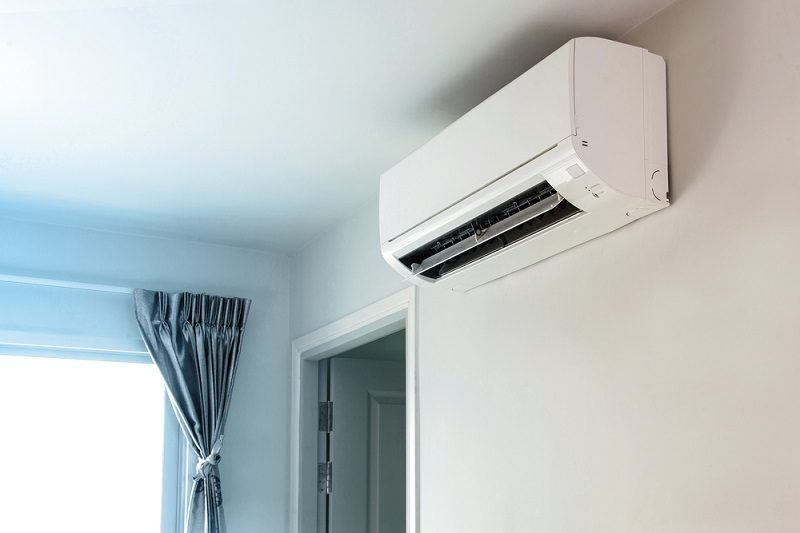
Zoned Heating for Personalized Comfort
The capacity of ductless heating systems to offer zoned heating is one of its most notable features. When using a standard heating system, changing the setting in one room frequently has an impact on the whole home. With ductless systems, homeowners may designate several heating zones, each equipped with a thermostat and control panel. This solves the problem of differentiating temperature preferences and allows for individualized comfort for various family members or tenants. By preventing the needless heating of vacant rooms, zoned heating not only improves comfort but also helps save energy. The ability to individually adjust the temperature in each zone assures homeowners that every person in the house is as comfortable as possible without sacrificing energy economy. This precise control is especially helpful in transitional periods when heating requirements might change throughout the year.

Easy Installation and Versatility
In an existing house, installing ducting may be an expensive and intrusive procedure. Because they are easy to install, ductless heating systems are a sensible substitute. There’s no need for major building work because the interior units are connected to the outdoor compressors by a small hole in the wall. Because of this, ductless systems are a flexible choice for a range of house types, including older ones without existing ductwork. Faster setup timeframes and less disturbance to your everyday routine during the whole installation process are further benefits of the simplicity of installation. Homeowners may benefit from a ductless system without having to wait longer for standard ducted heating systems to be built, making it an easy and effective heating option for new construction as well as retrofitting existing homes.
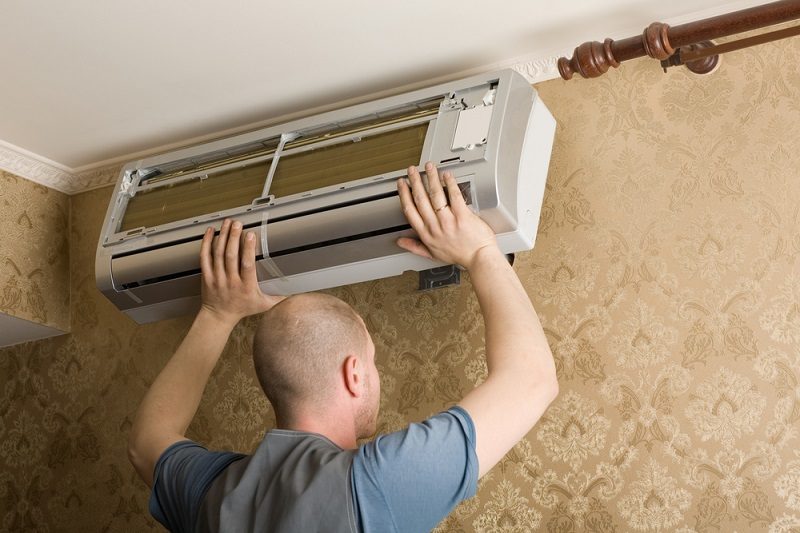
Improved Indoor Air Quality
If conventional ducted heating systems are not properly maintained, they may exacerbate problems with indoor air quality. Contaminants, allergies, and dust can gather in ductwork and spread throughout the house. Because ductless heating systems don’t have any, there is less chance of airborne particles spreading. To further improve indoor air quality, a lot of ductless systems come with sophisticated filtration systems that collect dust, allergies, and other pollutants. Those with allergies or respiratory issues would especially benefit from this. Due to its improved filtration, ductless systems are an easy-to-maintain and healthy heating option for homes. This also means that less HVAC system maintenance is required, resulting in a healthier living environment.
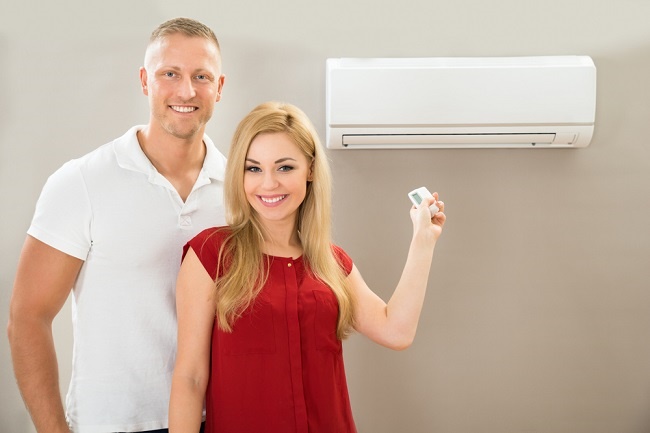
Year-Round Comfort with Cooling Functionality
Because ductless heating systems may be used for both heating and cooling, they are made to give year-round comfort. Your home may be effectively cooled in the summer by the same technology that warms it in the winter. This dual purpose simplifies residential HVAC solutions by removing the need for multiple heating and cooling systems. Without the need for extra equipment, homeowners may effortlessly choose between climate control and heating settings to provide comfort in any season. Because of their adaptability, ductless systems offer a complete solution for keeping a suitable interior climate all year long. This is because they can seamlessly switch between both cooling and heating modes. In addition to making HVAC management easier, this integrated strategy improves operational effectiveness and total energy savings.

Conclusion
In summary, ductless heating systems are a desirable alternative for homes looking for individualized, adaptable, and energy-efficient heating solutions because of their many advantages. These systems offer a comprehensive solution for home comfort, including zoned heating, simple installation, cost savings, and enhanced indoor air quality. Ductless heating systems are becoming a more attractive and efficient alternative for contemporary houses as the need for more flexible and sustainable heating solutions increases.

